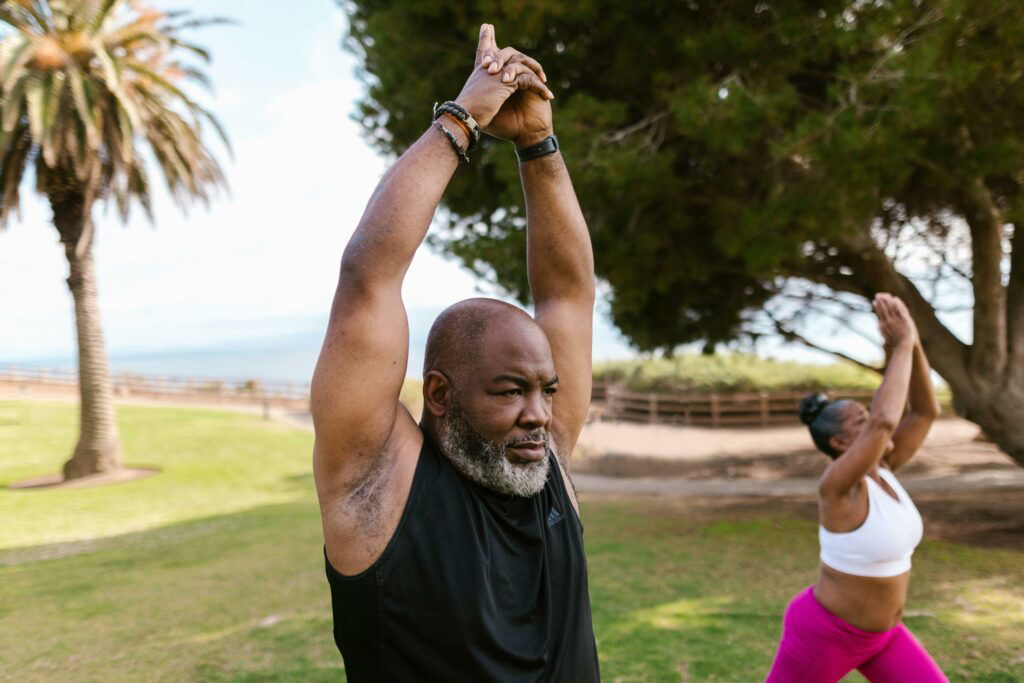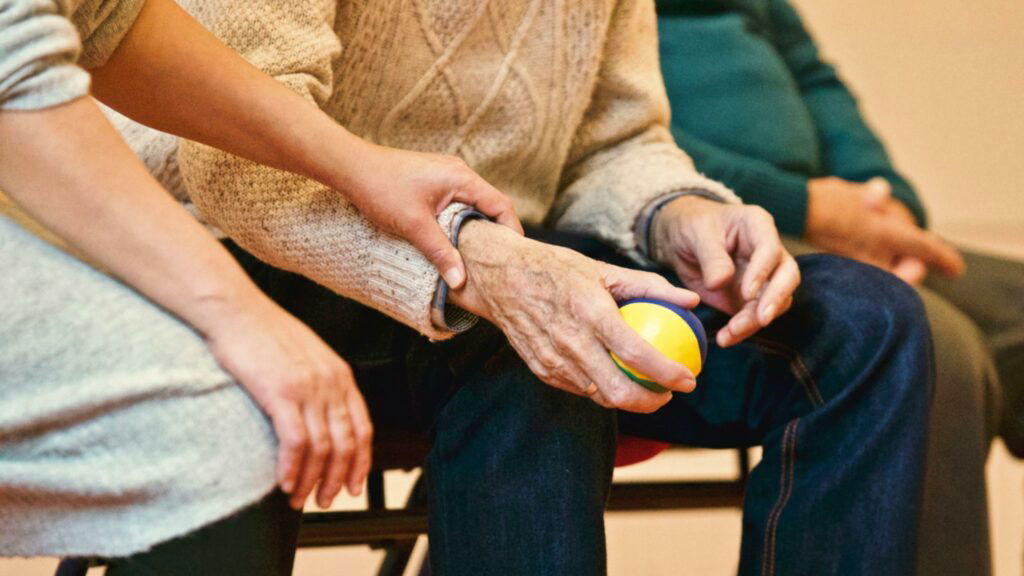Men’s health, often overshadowed by women’s health initiatives, deserves significant attention. It’s not just about the absence of disease; it’s about achieving optimal physical, mental, and social well-being throughout a man’s life. A blue ribbon is sometimes worn during International Men’s Health Week to support men’s health, including prostate cancer awareness. Men’s Health Week goes beyond just prostate cancer, raising awareness for issues like diabetes, mental health, and workplace safety.

History
Men’s Health began in 1986 as a health magazine under Mark Bricklin (US). It later transformed into a comprehensive lifestyle magazine.

Men’s Health Month isn’t a month, but rather a week observed each year in June. Here’s a quick breakdown of its history:
- 1994:Congress created Men’s Health Week to boost men’s preventive care. This effort, led by Senators Dole and Richardson, aimed to raise awareness through public events and screenings
- 2002:.International Men’s Health Week began in 2002 to address men’s health issues globally. Men’s Health Week goes beyond just prostate cancer, raising awareness for issues like diabetes, mental health, and workplace safety.
- Present Day: Observed globally, it aims to raise awareness about preventable health problems in men and encourage regular checkups and healthy lifestyles. Men’s health activists observe Men’s Health Month throughout June.
Why Is It Important To Focus On Men’s Health?

Addressing Specific Health Risks:
-
Higher Disease Burden
Men are more prone to certain conditions like heart disease, prostate cancer, and type 2 diabetes. Early detection and preventative measures are essential to manage these risks effectively.
-
Mental Health Concerns
They are less likely than women to seek help for depression, anxiety, and other mental health issues. Promoting open communication about these issues can significantly improve their well-being.
-
Behavioral Patterns
Men tend to engage in riskier behaviors like smoking, excessive alcohol consumption, and neglecting regular checkups. Men’s health initiatives can promote healthier lifestyle choices.
Impact Beyond the Individual

-
Quality of Life and Family Dynamics:
Poor health can significantly impact a man’s physical capabilities, emotional state, and ability to fulfill his roles as a father, husband, son, and brother. This can create a ripple effect throughout the family.
-
Reduced Healthcare Costs and Increased Productivity:
Untreated health conditions can lead to increased healthcare costs and lost productivity, impacting both individuals and the healthcare system as a whole.
Breaking Down Barriers

-
Traditional Masculinity
Traditional notions of masculinity can discourage men from seeking help for health concerns, seen as a sign of weakness. Men’s health initiatives aim to redefine masculinity and encourage a focus on well-being.
-
Open Communication
Promoting open communication about men’s health normalizes seeking help and promotes early intervention.
-
Access to Healthcare
Socioeconomic factors can limit men’s access to preventative care and healthcare services. Addressing these disparities is essential to ensure equitable healthcare access for all.
A Holistic Approach To Well-Being
Men’s health goes beyond just treating specific conditions.
-
Preventative Measures
Promoting Healthy habits like regular exercise, a balanced diet, and stress management. It can significantly reduce the risk of chronic diseases.

-
Lifestyle Choices
Promoting healthy lifestyle choices like getting enough sleep, maintaining a healthy weight, and avoiding risky behaviors contributes to overall well-being.

-
Building Social Support
Creating strong social support networks provides a sense of belonging and encourages men to prioritize their health.

By focusing on men’s health, we can empower men to take charge of their well-being, ultimately leading to healthier individuals, families, and communities.
June is Men’s Health Month, and activists raise awareness throughout. Want to learn more? Check out more articles on men’s mental health..









